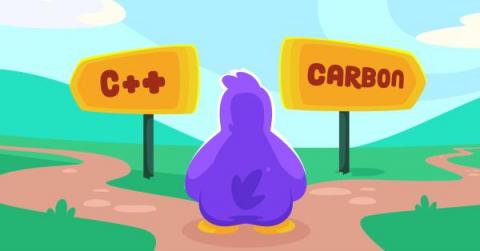Carbonated: Why Google's Enthusiasm for Go Fizzled as a C++ Successor
Developers are talking about Google’s latest creation: Carbon, a supposed wunderkind programming language that will save the technoverse from C++ and serve as its successor or replacement. Just like a rehashed Hollywood blockbuster about a supposed messiah, we’ve heard this story before. The 2000s saw more than one language try to fix C++’s minuses. The two big ones were Rust (backed by Mozilla) and Go (a.k.a. Golang, initiated by Google).




